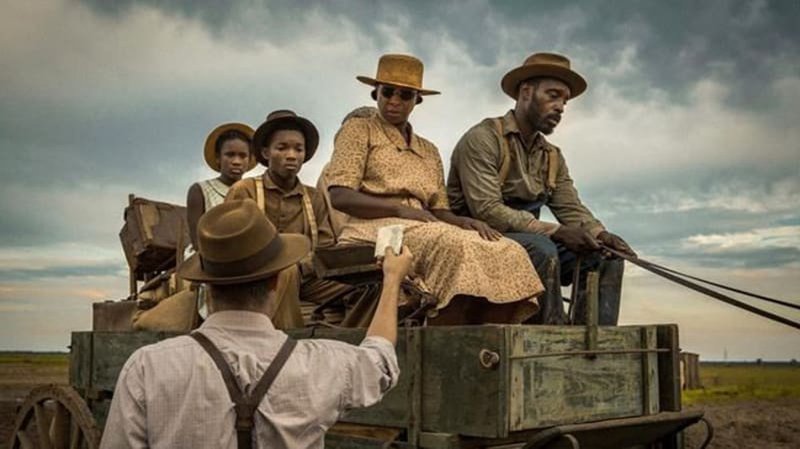
Hollywood says Black Lives Matter, but more diversity needed
NEW YORK — As protests erupted across the country following the death of George Floyd, every major entertainment company in Hollywood issued statements of support for the black community.
But as unanimous as that show of solidarity was, it was also clear that this wasn’t a fight Hollywood could watch from the sidelines. As the uproar over “Gone With the Wind” showed, the movie industry has a past — and present — to reckon with. At a recent protest in Los Angeles, actor Michael B. Jordan turned his focus to the studio headquarters around him.
“Where is the challenge to commit to black hiring? Black content led by black executives, black consultants,” said Jordan. “Are you policing our storytelling as well?”
Hollywood’s diversity and inclusion record has improved in recent years, but it still lags behind the population — particularly in its executive ranks. (It’s easier, Spike Lee has joked, to get a black president than a black studio head.) Statements and donations are good, many say, but Hollywood studios and production companies can speak far louder by green-lighting diverse movies — and reexamining those who do the green-lighting.


